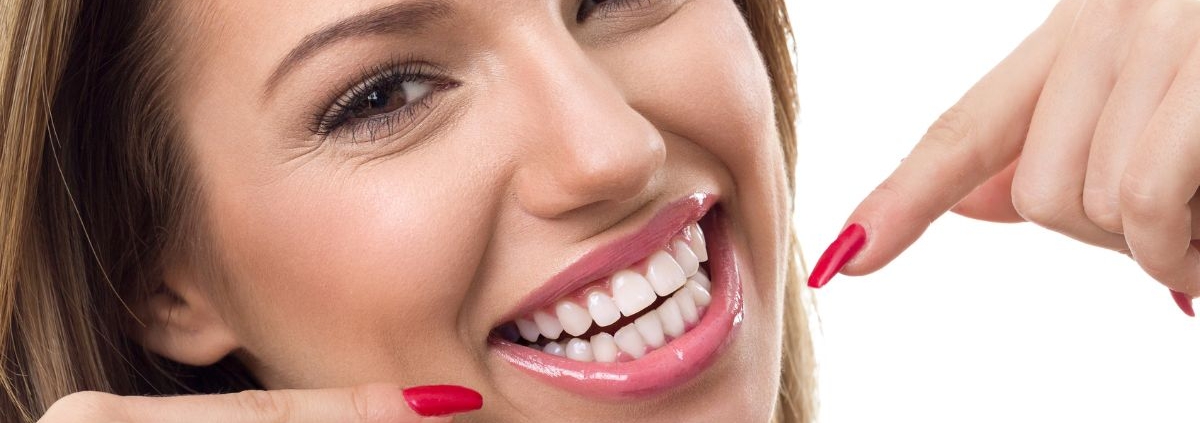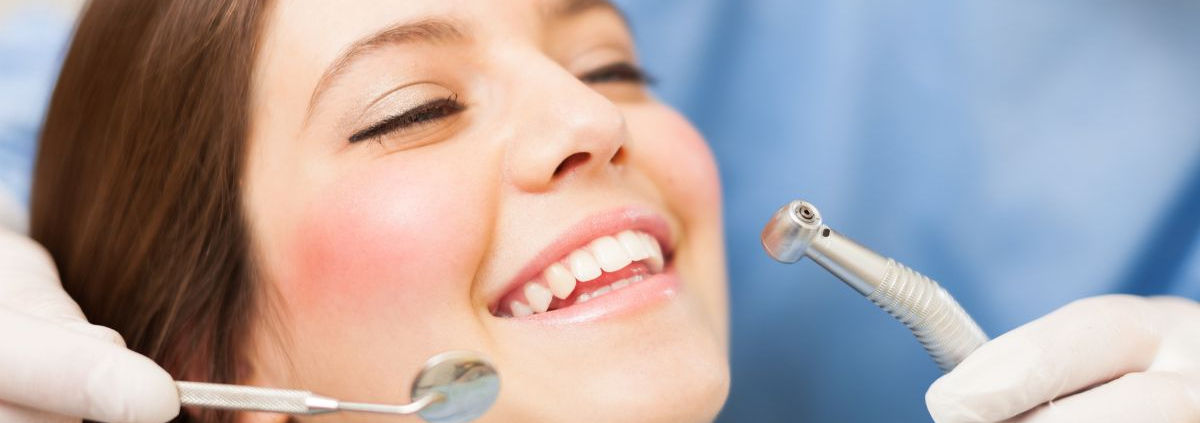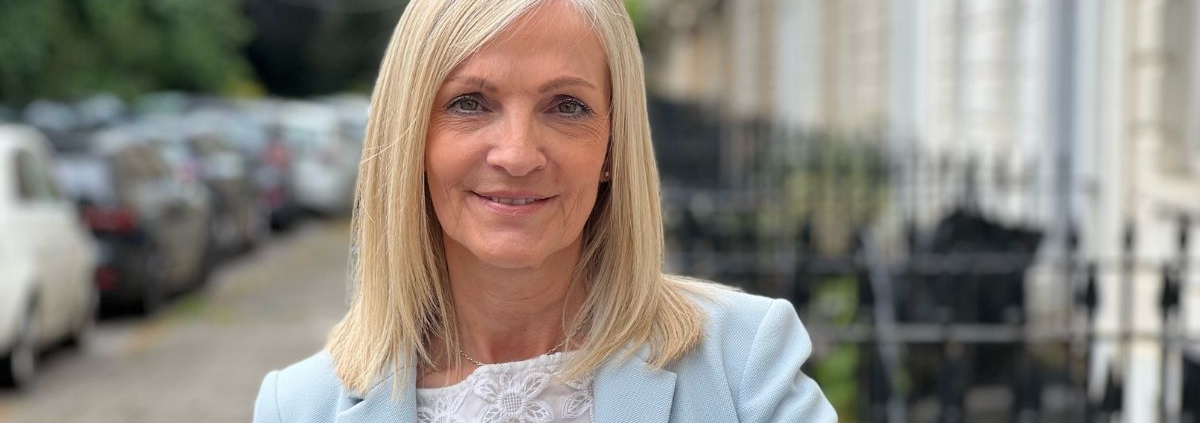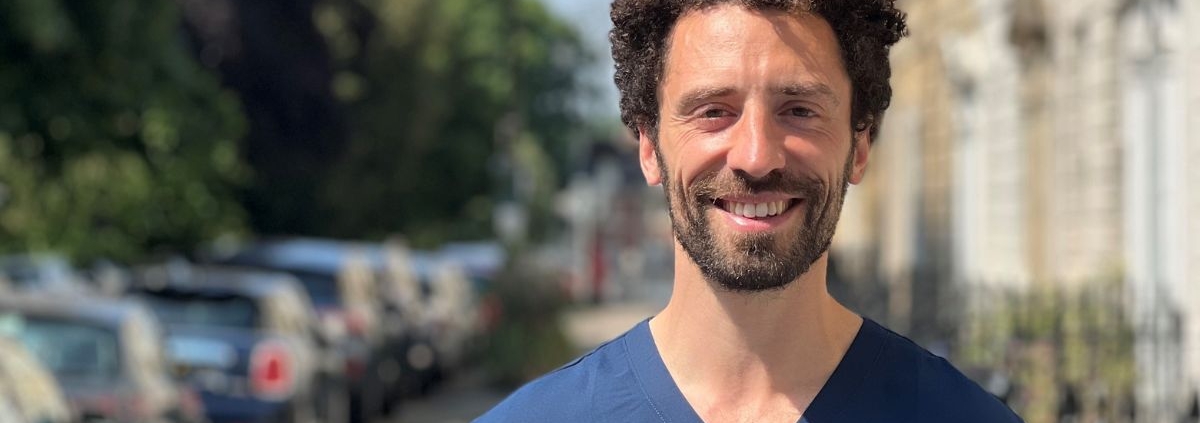Periodontal disease is a chronic inflammatory disease that affects the gums, periodontal ligament and the bone supporting the teeth. It is commonly known as gum disease. In the UK, 10% of the adult population suffer from severe periodontitis and up to 50% can suffer from milder forms, however, if periodontitis is caught early, it can usually be managed successfully without the need for specialist surgery
Associate Dentist, Nick Banfield has recently completed his Post-Graduate Diploma in Periodontology, expanding his expertise in periodontology, and is now able to treat this condition with more competence and skill compared to the usual practice norm of receiving treatment from the hygienist. This means he can offer patients with this condition more in-depth treatment.
Here, Nick talks about this common dental condition, with advice on prevention, management and the treatments offered to patients with gum disease.
What causes periodontitis?
Periodontitis results from long term chronic inflammation of the gums over a long period of time. In patients that suffer from the condition, their immune system launches an exaggerated response to the bacteria in their mouths leading to destruction of the supporting structures of the teeth leading to tooth mobility, infection and possible premature tooth loss.
Certain factors lead to people being more prone to developing periodontitis including:
- poorly controlled diabetes
- smoking
- poor oral hygiene
- genetic susceptibility (family history)
- certain medications
- stress
- poor diet
If patients have any of the above risk factors then they are more likely to develop gum disease
Periodontitis can be linked to a range of medical conditions, and has a bidirectional link with diabetes, where diabetics are more prone to developing periodontitis, having periodontal treatment improves the control of diabetes in diabetics and having untreated periodontitis can increase the risk of developing diabetes in the future in previous non-diabetic patients.
Recent research is providing evidence it may have a link with many systemic inflammatory conditions such as cardiovascular disease and dementia but further research in this area is needed.
Quite frequently, there is a genetic risk to developing the disease and many relatives of periodontal patients may suffer from the disease. The effects of periodontitis (receding gums, mobile teeth, gum infections/abscesses and tooth loss) become more obvious with age as the condition progresses but by the time this occurs and the patient is aware of the problems it is often too late to effectively treat. That is why it is important to try and manage and treat the condition before it gets to this stage.
The majority of Periodontitis cases can be managed with a dedicated oral hygiene routine tailored to each individual patient and visits to receive non surgical periodontal therapy. In severe cases surgical treatment is sometimes indicated when stability of the condition hasn’t been met with non surgical treatment alone.
“Periodontal patients have to be committed to hygiene visits every three months after receiving periodontal therapy to maintain stability – it isn’t curable but can be successfully managed where it doesn’t progress and get worse. If they go back to their old habits or stop seeing the hygienist, it just comes back,” explains Nick, adding, “the worst case scenario is that then they could potentially start losing teeth.”
How is periodontitis diagnosed?
Periodontitis can be diagnosed by an initial dental examination of the gums and routine x rays. If periodontitis is noticed then a more in depth periodontal examination is carried out where the depth of the gum pockets around the teeth are measured and further x rays are taken to assess the amount of supporting bone around the teeth that has been lost. This will then confirm the severity of periodontitis and aid the dentist what treatment is needed and the prognosis of the condition. Periodontitis can present with different symptoms, when it is mild/early patients will often be unaware of having the condition. When it is more advanced, symptoms can include bleeding gums which can be swollen and painful and infected, bad breath and loose teeth.
How is periodontitis managed?
For managing periodontitis, it is crucial to follow your dentist’s advice with your teeth cleaning routine for improving your oral hygiene.
“Eighty per cent of controlling it is what they do every day at home,” Nick says, “so it’s important that time is spent showing how to effectively clean your teeth and gums and what is needed.
“If improved oral hygiene with regular hygienist visits isn’t controlling the disease sufficiently, then non-surgical treatment options can be explored where plaque and calculus is removed from deep beneath the gum line. This is done across two sessions and under local anaesthetic so is painless. For nervous patients, there is also the option of sedation.”
Surgical options for periodontitis
Usually, an improved oral healthcare routine with non surgical periodontal therapy will stabilise the condition in 80% of cases. However, if periodontitis remains unstable in localised places then surgical treatment may be needed to restore periodontal health where resective and regenerative surgical procedures can be used for reducing periodontal pockets and replacing lost bone in certain situations.
However, certain criteria always need to be met first, including having extremely good oral hygiene.
“If they follow the dentist’s guidance, and really do it properly, then the non-surgical treatment usually works,” concludes Nick.
If you are concerned about periodontitis, if there is a family history or if you are experiencing symptoms, then get in touch with CK Dental for an appointment by calling 0117 472 1600.


















